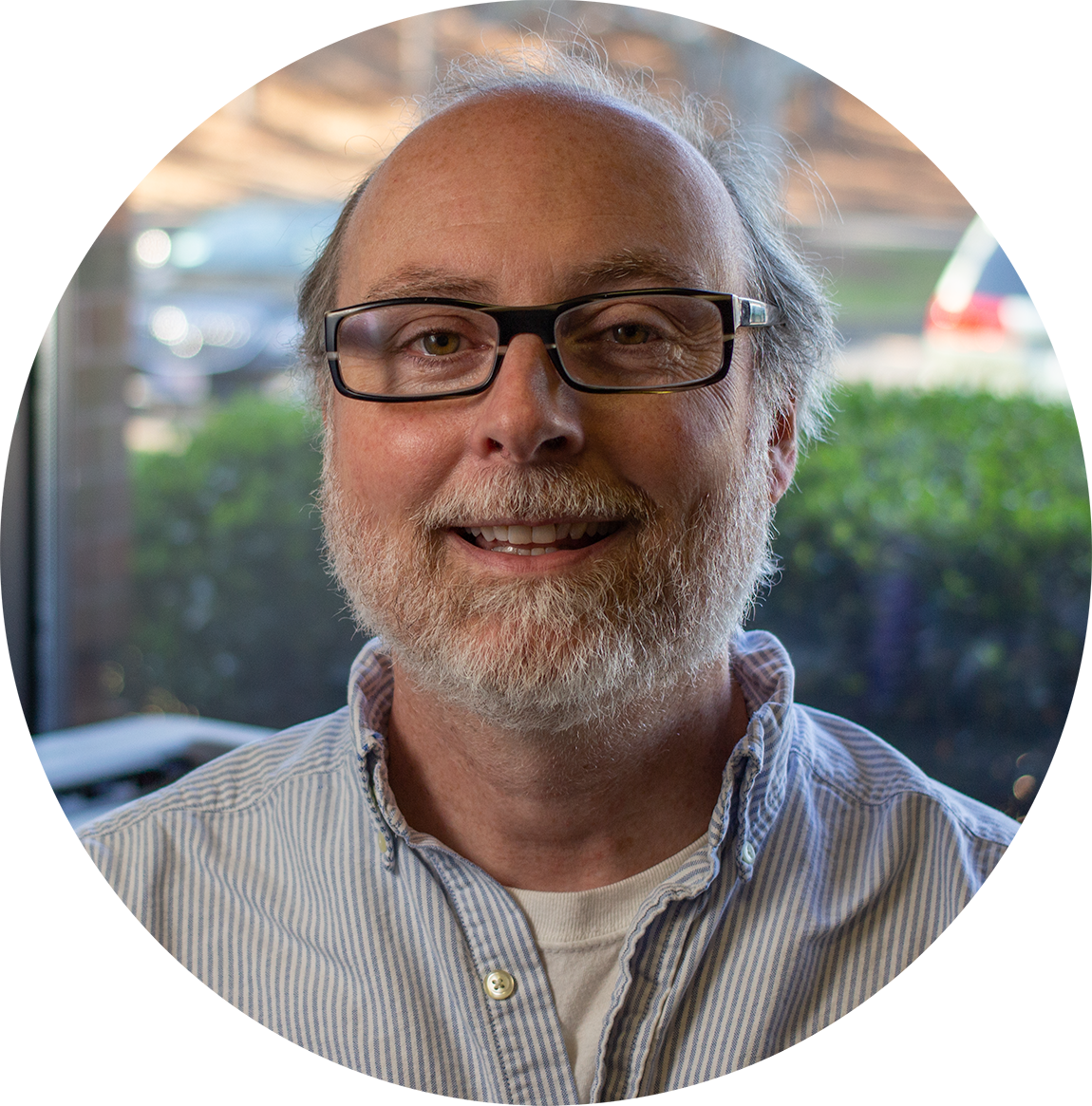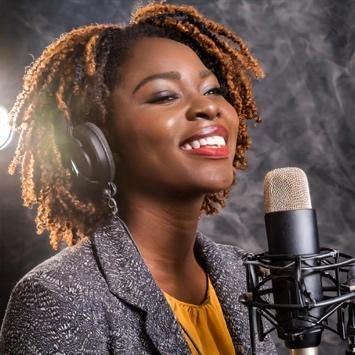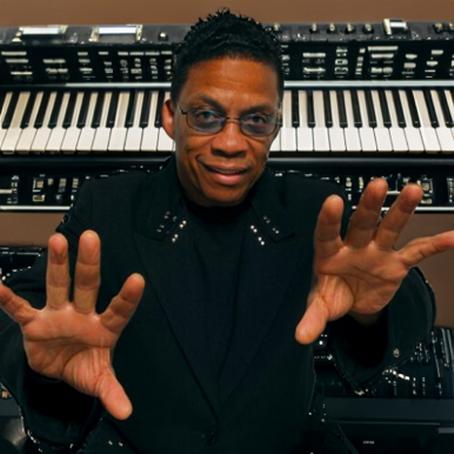Country music icon Randy Travis has made a stunning return to music with the help of artificial intelligence, more than a decade after a series of health issues silenced his celebrated voice according to an article by Maria Sherman, Music Writer for the Associated Press. In 2013, Travis was diagnosed with viral cardiomyopathy and suffered a stroke that led to aphasia, severely limiting his ability to speak. Recently, however, his voice was digitally resurrected for a new song, "Where That Came From," a rich acoustic ballad that showcases his soulful vocal tone.
Warner Music Nashville's co-president, Cris Lacy, posed a transformative question to Travis and his wife, Mary: What if AI could bring Randy's voice back? The answer led to a project that not only succeeded in restoring his voice but also highlighted the potential of AI to aid artists with physical disabilities. Developers in London created an AI model using vocal stems from Travis' career, and with meticulous editing and enhancements, they captured the essence of his unique vocal style.
This achievement isn't just a technical feat; it's a deeply emotional journey for Travis and his fans, demonstrating the profound human impact of AI in music. When Travis first heard his AI-enhanced voice, the emotional resonance was palpable, spanning surprise to tears.
Beyond the personal triumph, this project serves as an educational piece on the beneficial uses of AI, countering the narrative that often focuses on its potential for misuse. It underscores the importance of ethical considerations, like ensuring artists maintain control over their work and receive proper credit.
How AI Can Help Disabled Artists Sing Again

AI is proving to be more than a tool for creating deep fakes or generating synthetic media; it's a means of restoring what was lost and giving a new voice to those who thought theirs was gone forever. For artists like Randy Travis, who have lost their ability to perform due to physical ailments, AI can recreate their vocal capabilities, allowing them to continue sharing their art with the world. This technology not only mimics vocal characteristics but also can adapt and enhance them, offering artists the ability to experiment with their sound in ways that were previously unimaginable.
The Role of Audio Engineers Trained at the Atlanta Institute of Music and Media
Graduates from the Atlanta Institute of Music and Media (AIMM) are particularly well-placed to leverage these advancements in AI. With a strong foundation in both the technical aspects of music production and the creative process, audio engineers from AIMM are equipped to utilize AI creatively and ethically. They can lead projects like Travis', where technology meets artistry, ensuring that the use of AI respects the artist's legacy and integrity while pushing the boundaries of what's possible in music production.
This intersection of technology and creativity is where the future of music is headed, and with the right training and ethical guidelines, the possibilities are as limitless as they are inspiring. AI is not just about creating new paths in music; it's about restoring voices and fulfilling dreams.














